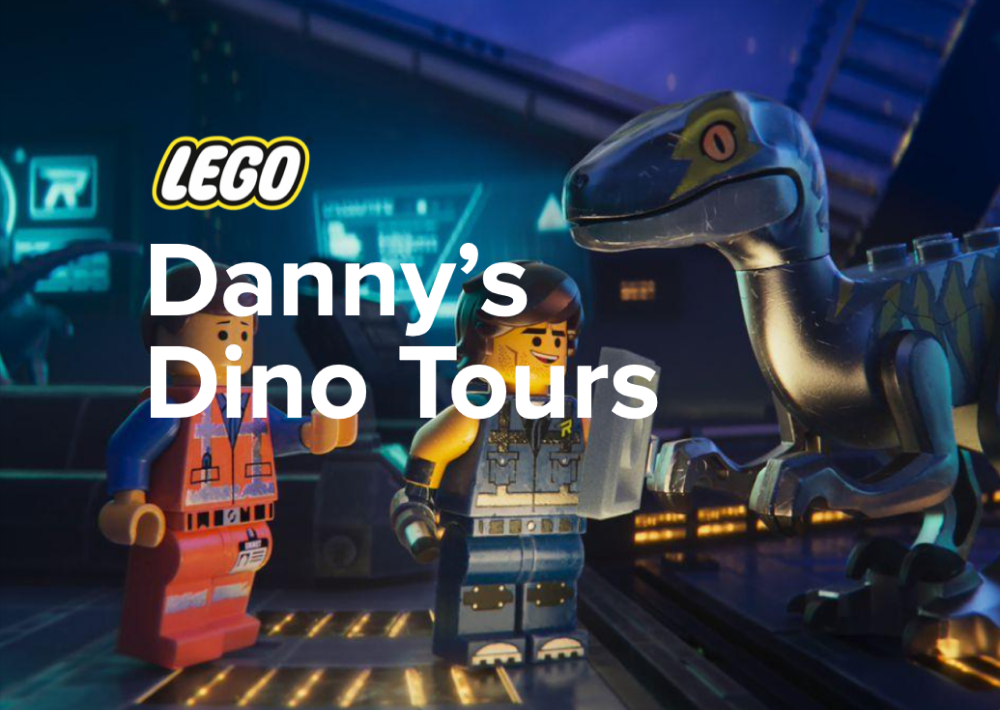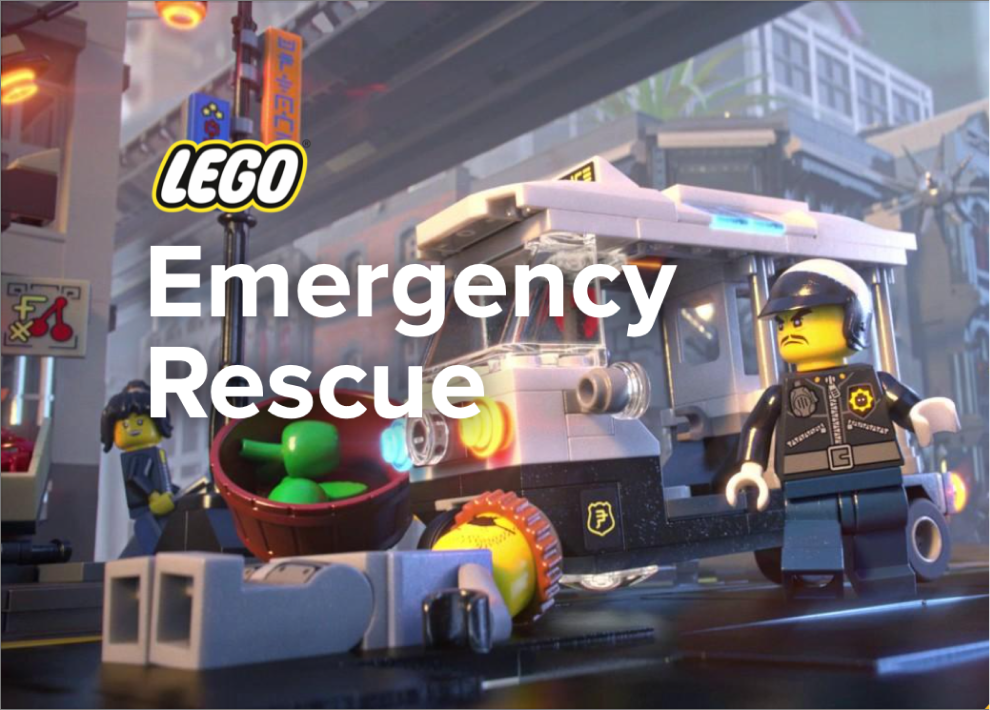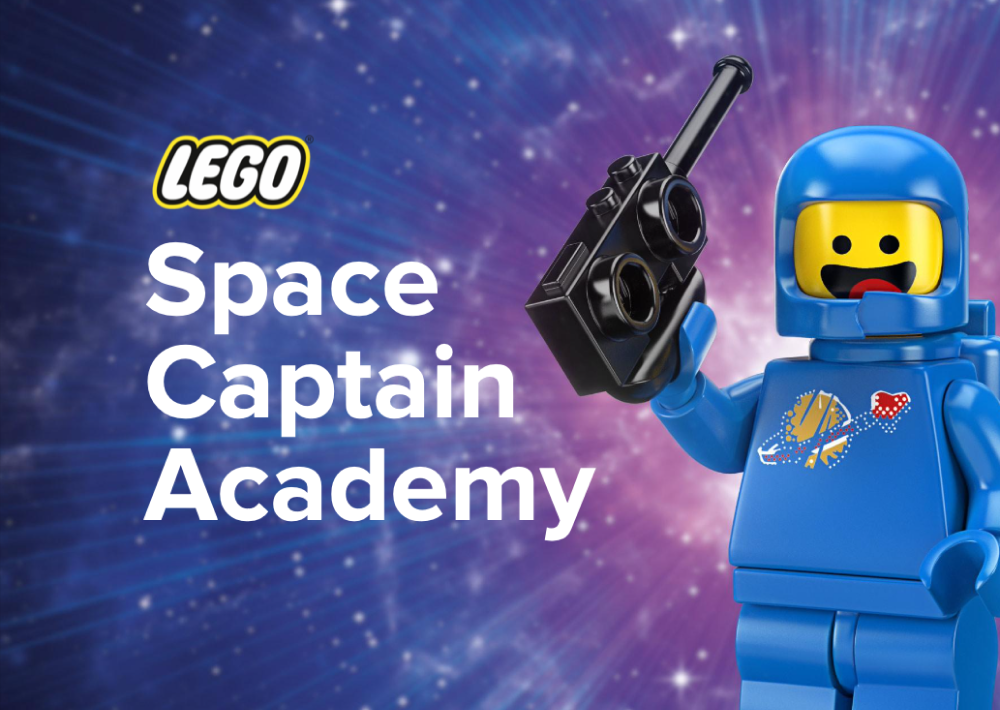Key elements of the role
User Experience Strategy | Stakeholder Management | Stakeholder Workshops | Customer Research | Guerrilla Testing | Usability Testing | Wireframes | Interactive Prototypes
Introduction
Imagine stepping into a room where the classic world of LEGO meets the cutting-edge technology of Google Home. This is the birthplace of LEGO Worlds, an innovative campaign aimed at children aged 6-9, designed to blend the tactile joy of LEGO with the interactive capabilities of voice technology.
Conceptualising LEGO Worlds
How can LEGO, a timeless tool for imaginative play, be enhanced with modern technology? The answer lies in creating an immersive, interactive experience through voice commands. This concept led to the development of LEGO Worlds, a place where children can physically and digitally engage with their beloved bricks.
Building the Worlds
Six unique ‘Lego Worlds’ were envisioned, reflecting popular LEGO themes and children’s interests. These included Space Captain Academy, The Wild Life, The Magic Far Away Kingdom, Emergency Rescue, Danny’s Dino Tours, and The Rowdy Riders. The diversity of these worlds ensured a broad appeal, catering to different imaginations and play preferences.
The Innovation: Voice Activation
The core of LEGO Worlds is its voice-activated play. Children can use Google Home to interact with their LEGO creations, bringing a new dimension to their playtime. For instance, saying, “Hey Google, launch LEGO Worlds” could initiate an exciting space mission or a daring dinosaur adventure, depending on the world they choose to explore. The excitement in their eyes when they realise their voice can control the play scenario—that’s the magic we aimed for.
Scripting and Soundscapes
Each world in LEGO World was carefully scripted, focusing on creating engaging narratives and missions. These were complemented by rich soundscapes, enhancing the sensory experience of the play. The sounds of rocket engines, animal calls, or emergency sirens were not just background noise but integral elements that brought the LEGO scenarios to life.
User Testing: Through the Eyes of a Child
The development of LEGO Worlds was guided by insights gained from observing children’s interactions with LEGO and Google Home. This usability testing was crucial to ensure that the voice commands were intuitive for children and that the missions sparked fun and creativity.
Gamification Elements
Elements of gamification were incorporated to add an extra layer of engagement. For instance, children could earn rewards like “Captain Stars” for completing missions in the Space Captain Academy. This gamification approach encouraged continued engagement and a sense of accomplishment.
The Final Creation: LEGO Worlds
The result of this innovative approach was LEGO Worlds, a collection of six interactive worlds where children’s LEGO play is elevated through voice interaction. These worlds offered a blend of traditional LEGO building with modern technology’s interactive, imaginative possibilities.
Conclusion: Redefining Play
LEGO Worlds represents a significant step in the evolution of play. It retains the core values of LEGO – creativity and building – while embracing the interactive potential of digital technology.
This project was a journey of creating something new and learning how children play, imagine, and interact with technology. It’s a step into a future where play knows no bounds, and the only limit is a child’s imagination.
Feel free to reach out. I am always happy to discuss potential opportunities. Find me on LinkedIn or email me directly.
Major achievements
• Successful launch product
• Sound design skills acquired
Tools & tech stack
• usabilityhub.com
• surveymonkey.com
• Google Docs
• Keynote
• Confluence
• Pen & paper
• Figma
• Miro
Client
LEGO (in partnership with Google)




